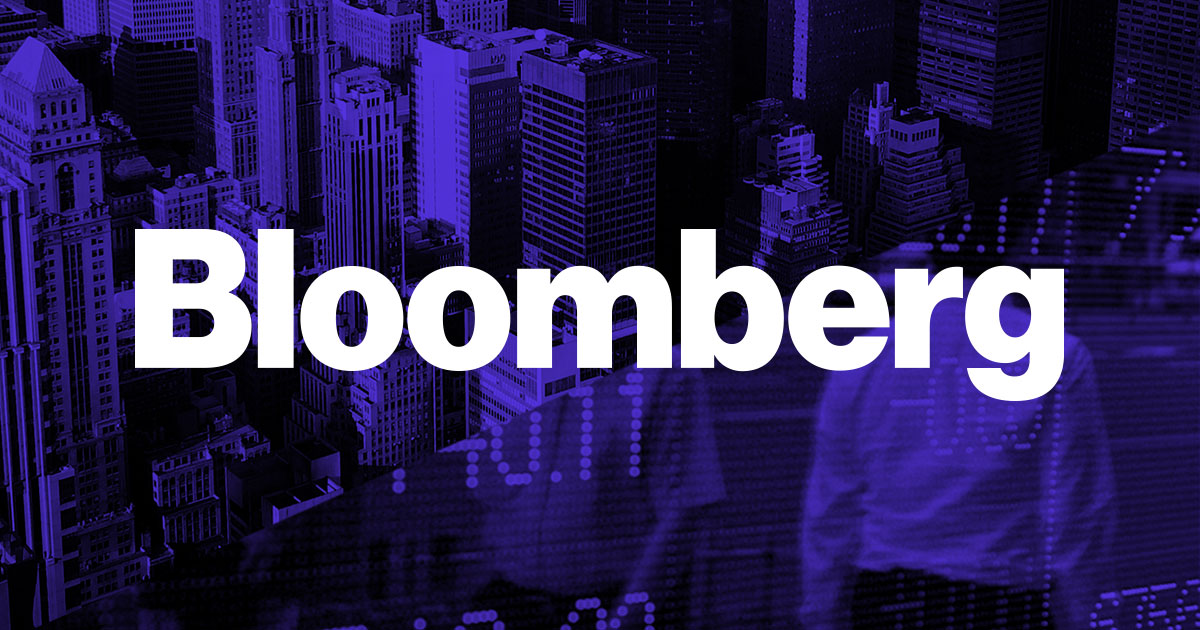
Taiwan’s opposition Kuomintang -- once the world’s richest political party -- is calling for donors to come to the rescue as a government investigation leaves it struggling to pay the bills.
The party, which lost control of both the presidency and legislature last year after decades in power, was soliciting funds to pay its roughly 300 staff members this month, spokesman Hung Mong-kai said Wednesday. The party’s monthly personnel costs were about NT$30 million ($990,000), Hung said.
Some KMT accounts have been frozen as part of a government investigation into the party’s assets that was launched after Taiwanese President Tsai Ing-wen and her Democratic Progressive Party swept to power last year. The probe is trying to determine whether the former ruling party improperly acquired public assets during more than six decades in control, including 38 years of martial law.
The party’s wage troubles were reported Tuesday by the Taipei-based Liberty Times.
The dispute could hamper the KMT’s ability to pick up DPP seats in local elections next year, a crucial step to regaining power. That could have broader implications for Taiwan’s relationship with China, which considers the island a province and has refused to establish ties with the pro-independence DPP.
The KMT, or Nationalist Party, blurred the lines between party and government after its leader Chiang Kai-shek fled to Taipei at the end of his unsuccessful civil war with Mao Zedong’s communists. Its four decades of authoritarian rule saw political opponents suppressed and assets confiscated during a period known as the White Terror.
The party also invested in industries from semiconductors to petrochemicals to financial firms through its company, Central Investment Holding Co. The KMT’s current assets were valued at around $550 million last year, down from nearly $3 billion in the 1990s.
At the center of the government’s investigation is Central Investment, which provided much of the KMT’s revenue. The government’s Ill-gotten Party Assets Settlement Committee is examining whether the arrangement violated rules limiting parties’ funding to sources such as donations, membership fees and subsidies.
A spokeswoman for the committee didn’t immediately return calls for comments on Wednesday.
“The ill-gotten asset committee’s actions are unconstitutional,” Hung said. “It is targeted solely at the KMT, which obtained these assets decades ago amid historic developments at the time.”
Almost two-thirds of the KMT’s reported NT$1.48 billion in revenue last year came from companies it controls, according to Interior Ministry filings. It reported a loss of NT$593 million and laid off about 40 percent of its staff.


0 comments:
Post a Comment